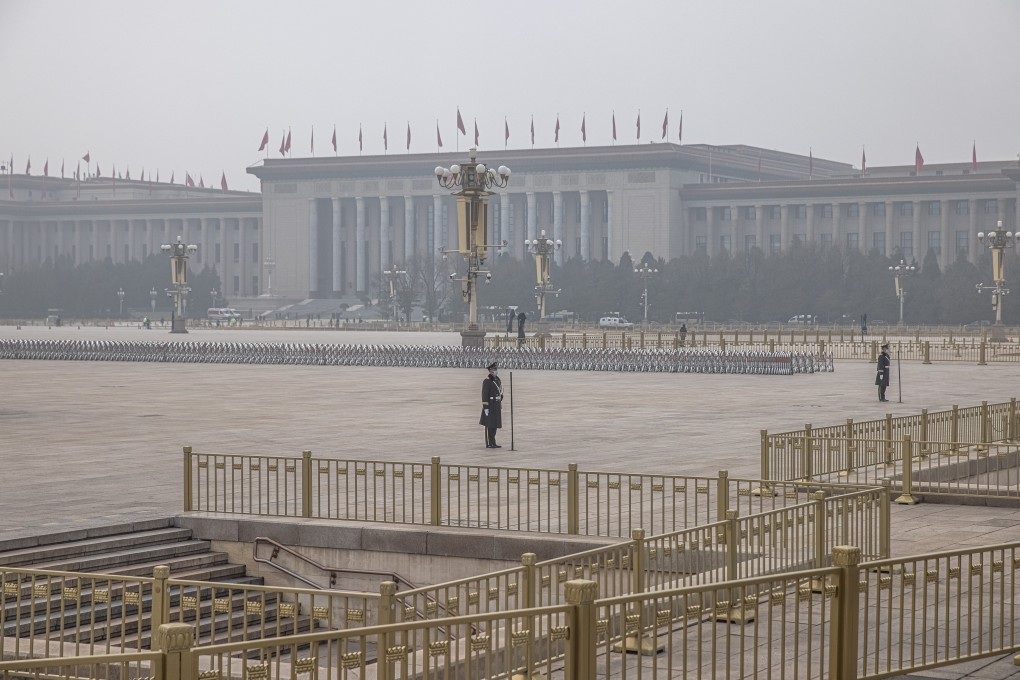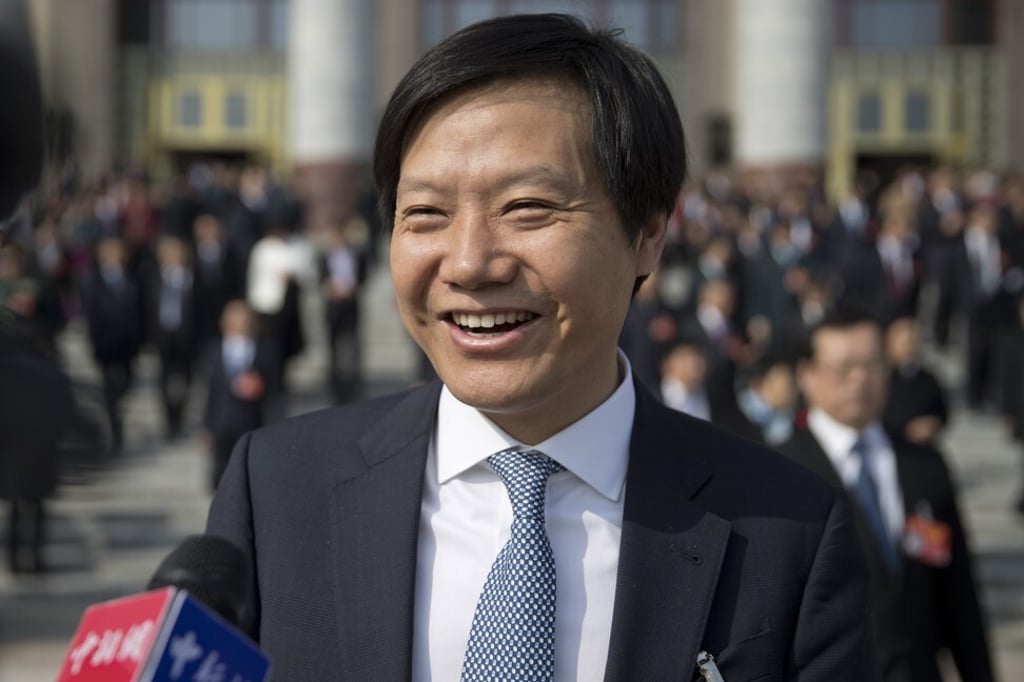China’s ‘two sessions’: Tech titans’ proposals echo government goals for 5G, AI, autonomous driving and climate change
- New proposals from the heads of China’s biggest tech companies seek to address China’s ageing population and upgrading digital infrastructure
- The CEOs of many of China’s biggest companies serve as delegates at the country’s annual ‘two sessions’ event

Boosting digital infrastructure
China has been ramping up efforts to build out and improve what it calls “new infrastructure”. The broad term applies to a variety of technologies and related areas, including 5G networks, artificial intelligence (AI), cloud computing, the Internet of Things (IoT), high-speed rail and research institutions.
In his proposal for the national planning and development of information technology infrastructure, Lenovo CEO Yang Yuanqing placed a particular emphasis on data centres, an area he is familiar with as head of one of the world’s largest server providers.

Another industry-focused proposal came from Lei Jun, founder and CEO of smartphone giant Xiaomi. Lei called for a better policy environment, more collaboration between industry and academia, and more talent in intelligent manufacturing.